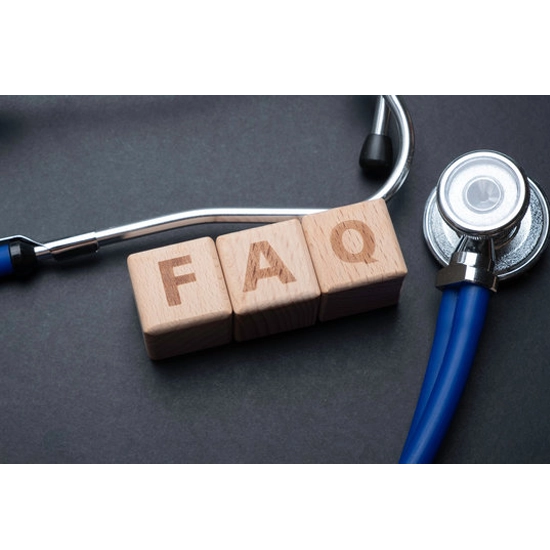.webp)
Book Pulmonary Function Test (PFT) Appointment Online Near me at the best price in Delhi/NCR from Ganesh Diagnostic. NABL & NABH Accredited Diagnostic centre and Pathology lab in Delhi offering a wide range of Radiology & Pathology tests. Get Free Ambulance & Free Home Sample collection. 24X7 Hour Open. Call Now at 011-47-444-444 to Book your Pulmonary Function Test (PFT) at 50% Discount.
Book your PFT test today from Trusted Diagnostic Lab in Delhi. Pulmonary Function Test evaluates the function of the lungs. Pulmonary function test also called as Lung Function Test. You can Book PFT test online, this test measures how much air a person can breathe in and out of your lungs, as well as check the capacity of an individual how easily and fast they can breathe in or out.
What is the PFT Test?
Pulmonary Function Test (PFT) is a group of tests that evaluate the function of the lungs. These tests measure the capacity of lungs to absorb oxygen into your blood and how exercise affects our lungs. PFT is a non-invasive and safe procedure.
PFT tests also measure the capacity of lungs, volume, rate of flow, and gas exchange. The PFT tests enable doctors to prepare an effective and customised treatment plan for various kinds of lung disorders and illnesses. These tests can easily detect a variety of lung disorders with a different set of symptoms.
Pulmonary function tests are of 8 types.
PFT test is done to detect the ling or airway symptoms like cough or shortness of breath, or patients who are undergoing surgery or use tobacco products like smoking. The symptoms are:
PFT helps the doctor to detect the following conditions:
Every PFT test is performed to assess various factors, Hence the procedure for every test is different.
Initially, a medical professional will attach soft clips to your nose. The nose clips make sure that your mouth, not your nose, is used for breathing.
A mouthpiece that fits your lips around and is connected to a spirometer will be used. After that, the healthcare provider will instruct you on how to breathe in and out.
You might inhale and exhale deeply. Another option is to inhale deeply and exhale as quickly and forcefully as you can.
Your medical professional will attach your nose clips.
After you seal your lips around the mouthpiece, a medical professional will instruct you on how to inhale and exhale a small, safe dose of carbon monoxide.
The spirometer tracks the amount of carbon monoxide you exhale as you breathe. This measurement shows how much of the gas entered your lungs.
You will be hooked up to devices by a medical professional that monitor blood pressure, oxygen levels, and heart rate. Next, you'll either ride a stationary bicycle or walk on a treadmill.
During the test, the machines will measure a number of different aspects of your muscles, lungs, and heart
No care is required. But in asthmatic patients it may trigger asthma or may cause asthma attacks. PFTs have the extremely rare potential to induce lung collapse. There will be medical experts available to assist in the event that difficulties arise following the test.
The average price for Pulmonary Function Test is seen to differ from one center to another. The price range is said to be between INR 1000 to INR 6000 in Delhi, India.
| Test Type | Pulmonary Function Test (PFT) |
| Includes | Pulmonary Function Test (PFT) |
| Preparation |
After Care No care is required. But in asthmatic patients it may trigger asthma or may cause asthma attacks. PFTs have the extremely rare potential to induce lung collapse. There will be medical experts available to assist in the event that difficulties arise following the test. |
| Reporting | Within 24 hours* |
| Test Price |
₹ 1500
|

Early check ups are always better than delayed ones. Safety, precaution & care is depicted from the several health checkups. Here, we present simple & comprehensive health packages for any kind of testing to ensure the early prescribed treatment to safeguard your health.